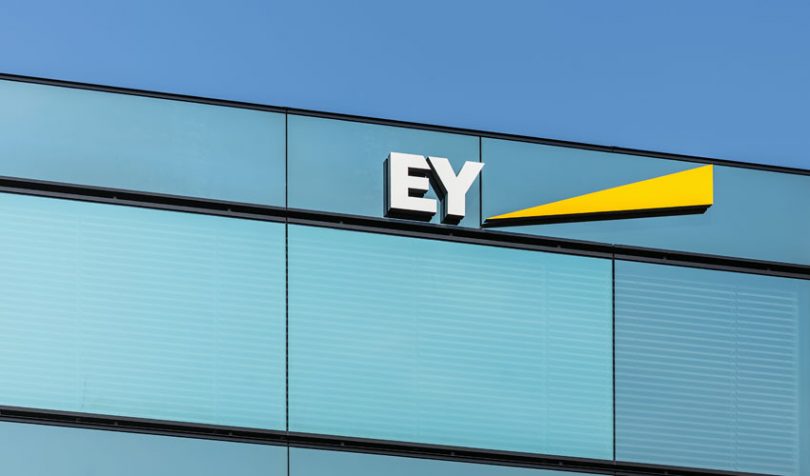EY unveiled the prototype of their EY Ops Chain Public Edition (PE) which uses zero-knowledge proofs (ZKP). This will enable custom tokens on the public Ethereum blockchain but maintain private transaction records. EY is in the process of patenting its technology and plans to release a production version in 2019.
A year ago ZKP in the form of zk-SNARKS was introduced on public Ethereum. In most cases, it’s used to keep data private. For example, a smart contract can prove whether someone is over the age of 18 without access to the user’s actual age. Additionally, the use of ZKP for scaling blockchains is an active area of research. This includes using ZKP to enable off-chain computation and yesterday the Enterprise Ethereum Alliance issued a specification on the topic.
But ZKP can be used for private transactions as it is for ZCash, which was founded by the zk-SNARKS inventors. EY’s solution is an expanded version of this concept. However, ZCash was based on Bitcoin which has a more limited payment-focused functionality compared to Ethereum.
18 months ago Consensys described the idea of private Ethereum transactions. More recently they open sourced Orion private transactions for Enterprise Ethereum blockchains.
Today most fungible tokens on the Ethereum platform use the ERC-20 standard, and the EY solution supports payment and service tokens which are very similar.
In the statement, EY outlines the purpose as helping organizations to commercialize blockchain technology. It points to the scale of public Ethereum compared to private blockchains.
Enterprise concerns
Paul Brody, EY Global Innovation Leader, Blockchain, said: “Private blockchains give enterprises transaction privacy, but at the expense of reduced security and resiliency. With zero-knowledge proofs, organizations can transact on the same network as their competition in complete privacy and without giving up the security of the public Ethereum blockchain.”
Today most enterprises prefer private blockchains because they have more control over the network. A common fear is that on the public blockchain many hackers will attempt to break the privacy protection.
JP Morgan’s Quorum enables transaction privacy but on a private version of Ethereum. It also uses ZKP.
Brody continued: “The biggest challenge for enterprises’ blockchain adoption is the ability to on-board business partners into their private or consortium blockchain network. Using the standard, secure infrastructure of a public blockchain while keeping their transactions private, businesses greatly reduce the expensive and time consuming process of setting up private networks and on-boarding business partners one at a time.”
In some consortium blockchains, there’s a technology partner that manages the network and sets up of the nodes. Precisely because of the hurdle that Brody refers to. But in other cases, nodes are on premises and use firewalls.
While the EY solution could help in adoption of public chains by corporates, there are many other hurdles. These concerns include security fears and regulation. But if corporates start to adopt the current proof of work energy-hungry blockchains, they will begin to run up against environmental concerns as well.






